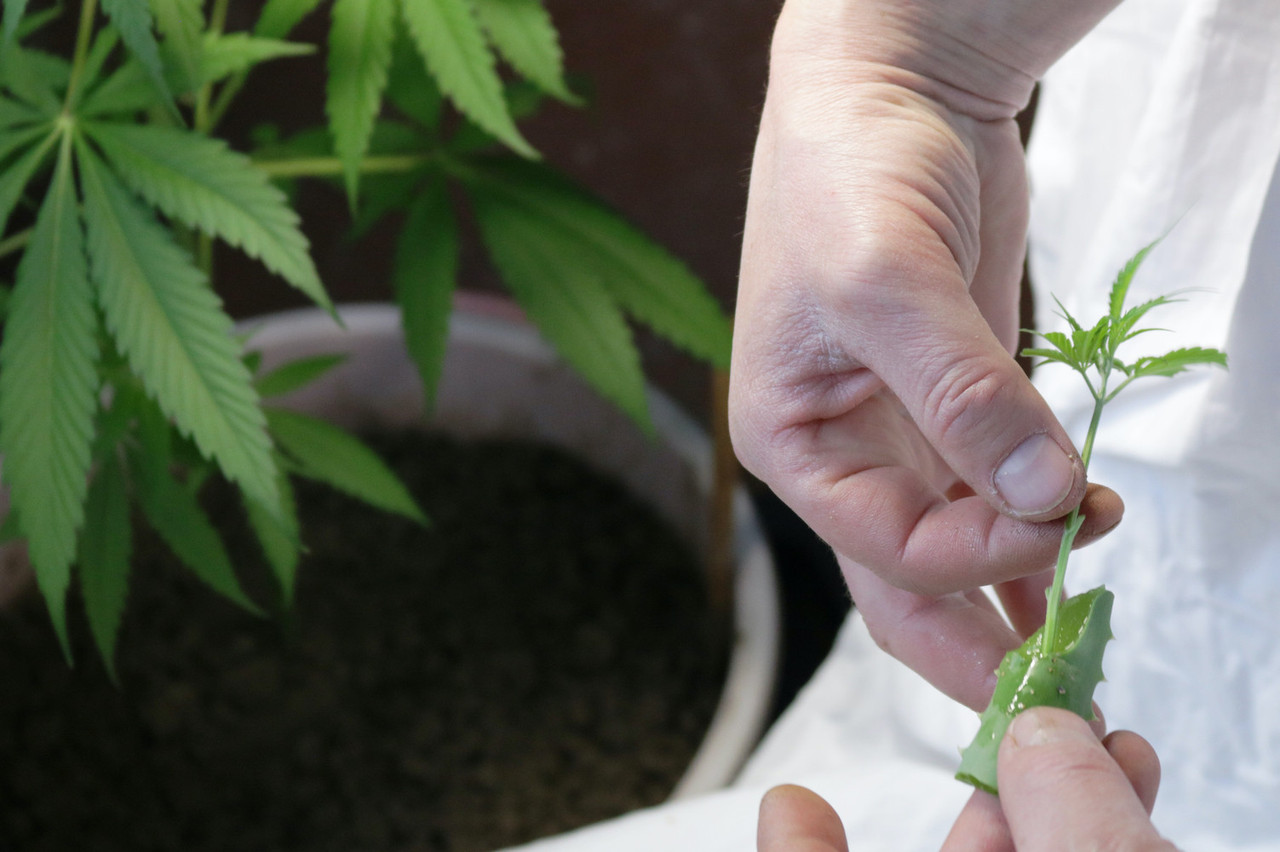Cannabis is the most-used recreational drug in Luxembourg. Around 7.3% of 15 to 18-year-olds in a report said they had consumed cannabis in the last month. More than a third of 15 to 34-year-olds said they had tried cannabis at some point in their life.
Under the government plans, a household with at least one adult will be able to grow four cannabis plants at home from seeds, although they must be hidden from public sight. Consumption at home will also be allowed.
“The legalisation of self-cultivation and private consumption is a first step in the concept of countering the illegal market and illegal trade in cannabis,” the justice ministry said in a presentation.
The pandemic had delayed the project to legalise recreational cannabis, but the government also faced legal challenges. Luxembourg has signed three UN treaties which say cannabis may only be used for medical or research purposes and together form a global drug control framework. This poses difficulties to import the drug.
Smoking weed in public will remain illegal although the fine is reduced from between €251 and €2,500 currently to between €25 and €500. An administrative fine of €145 can be levied when the amount of 3g isn’t exceeded. Administrative fines aren’t logged once paid, like minor traffic fines, such as parking tickets.
This rule will help unclog the public prosecutor’s office as it means that no criminal procedures have to be launched.
The 2018-2023 coalition agreement had foreseen the creation of regulated dispensaries. The draft law presented on Wednesday is an intermediary step in the direction of the original plans, the justice ministry said.
The proposal to decriminalise recreational cannabis came after Luxembourg had legalised medicinal cannabis in 2018. Doctors in 2020 prescribed around 140kg of medical cannabis, for example to treat side effects of chemotherapy, such as nausea.
People who violate the rules for growing their own plants face fines between €500 to €250,000 and a prison sentence of eight days up to five years.
Parliament can now begin the process to review the draft law submitted by the government. The state council, which assesses all draft laws for their compliance with the constitution, international treaties and other laws, will also have to submit an opinion before the document can proceed to a vote.
